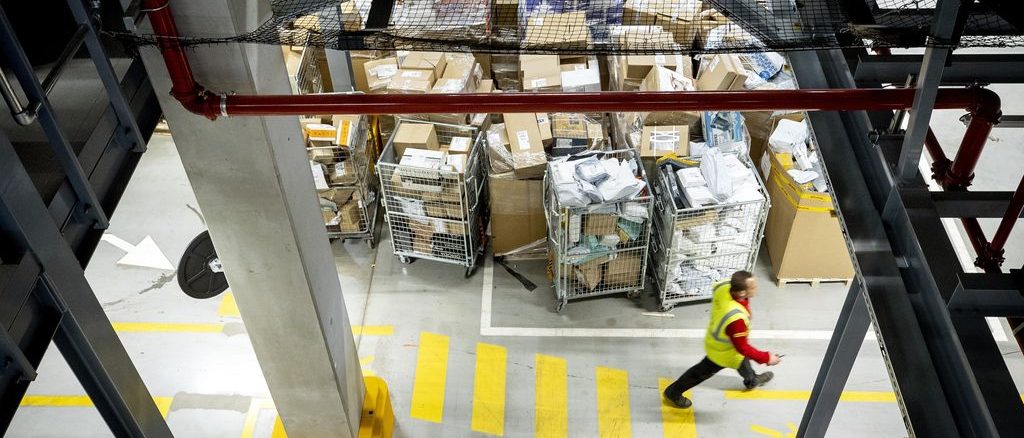
The government wants to tax cheap parcels from outside the European Union
The government wants web shops from outside the European Union to pay an import tax on all orders that come to the Netherlands. Packages with a value of up to 150 euros are currently exempt. The Ministry of Finance has BNR let us know that they want to get rid of this exception.
The measure seems mainly aimed at Chinese online stores, which benefit greatly from the exemption on cheap packages. “The problem is that there is no level playing field,” says Jesse Weltevreden, lecturer in online entrepreneurship at the Amsterdam University of Applied Sciences.
“Chinese parties do not comply with all European rules, which means that European platforms and web shops simply suffer from this. That is unfair and that is why it is good that governments take action against this.”
According to Weltevreden, there has been a movement for some time to regulate large online stores from outside the EU. “Several measures have already been taken. For example, Temu has already been designated by the European Commission as a Very Large Online Platform. This means that they must comply with certain regulations as of September.”
These rules apply to platforms with more than 45 million users in the EU and concern, among other things, compliance with fundamental rights such as freedom of expression and children’s rights.
Chinese online stores such as Shein, Temu and AliExpress are extremely popular in the Netherlands. Last year, almost 9 million orders were placed in our country at Chinese web shops, according to trade organization Thuiswinkel.org.
This amounts to an increase of 39 percent compared to 2022. Since 2021, Chinese web shops have been less popular for a while because smaller orders became more expensive: VAT also had to be paid for orders under 22 euros since that year.
If the plan goes ahead, it remains to be seen whether the major online stores in China will notice anything. “That cable that is now online for 2 euros will soon cost 2.40 euros. But in a Dutch webshop the same product costs 10 to 15 euros,” says John Lin, expert in the field of Chinese e-commerce.
According to him, Western companies can never compete with Chinese web shops. “The business model of those web shops is much more efficient: they connect the consumer directly to the manufacturer. So there is no one in between: no importer, no distributor, no store and no store employee. So you are very close to the source.”
Weltevreden foresees another problem for the import tax. “If you want to do it right, you have to increase enforcement capacity. The question is whether that will happen. Otherwise, such a measure is more symbolic than it has effect.”
Lin agrees: “It involves a huge amount of small packages with a low value, which is virtually impossible. Customs is not known for their most innovative IT systems, so this is quite a losing battle.”
Race for the customer
According to Weltevreden, a race for the customer can also arise. “Companies such as Amazon and About You in Europe feel the hot breath of the Chinese platforms. That is why they decided a few weeks ago said: we are going to develop a similar model. But is that the direction we want to go? Do we want to boost consumption even more by competing on price? That’s a race to the bottom. It’s good for our wallets in the short term, but bad for the planet.”
At the beginning of this month, the Financial Times reported that the European Commission wants an import tax on all parcels from outside the EU. But because customs law is regulated at European level, this requires the consent of all EU member states. It is therefore still unclear whether the plan will go ahead.

Be the first to comment